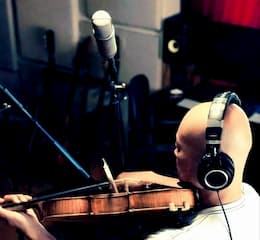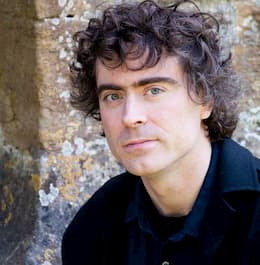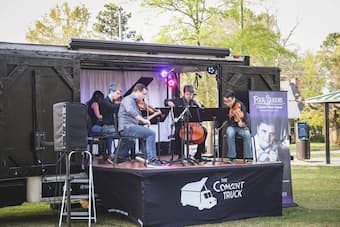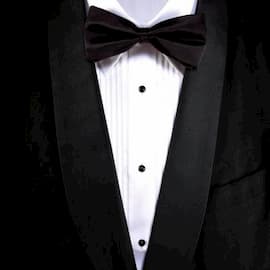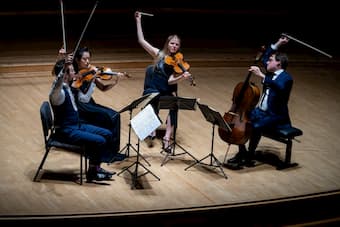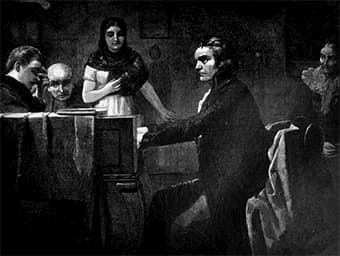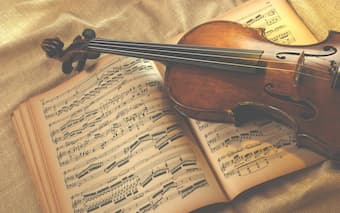The following article came about after the comment on social media of a contemporary composer regretting the focus of many current musicians on the release of small scale recorded projects — in this case, singles — against bigger and what
Articles
They say that goodbye is one of the hardest things to say, and saying goodbye to your piano teacher can be a difficult decision, especially if you have been taking lessons with that teacher for some time. There are many
9 December 2020: Haydn and Beethoven This concert will be live streamed on the Wigmore Hall website in HD, and all concerts in the Autumn Series will be available on demand for 30 days after the date of the concert.
Symphony orchestras perform some of the greatest music ever created by mankind. Nonetheless, negative labels have been hurled at these bastions of classical music, accusations such as—they’re like an albatross, slow to embrace change; they uphold antiquated traditions and formats;
A while ago, I read an interesting story about the evolution of the performance dress code for musicians. It stated that the tradition of black-tie formal wear in classical music harks back to the Victorian era, where manservants and butlers
7 December 2020: Mozart, Britten This concert will be live streamed on the Wigmore Hall website in HD, and all concerts in the Autumn Series will be available on demand for 30 days after the date of the concert. This
Unlike others, I often find it difficult to recall my first encounter with a certain composer. So, for Beethoven, it could have been his Für Elise, Symphony No.5 (ta-ta-ta duh) or something else – I don’t know. But anyways, as
How often a listener returning from a recital by an important performer remains unsatisfied. Not because of the imperfection of the artist’s playing but because of lack of penetration into the composer’s ideas – ideas that the amateur has cultivated

